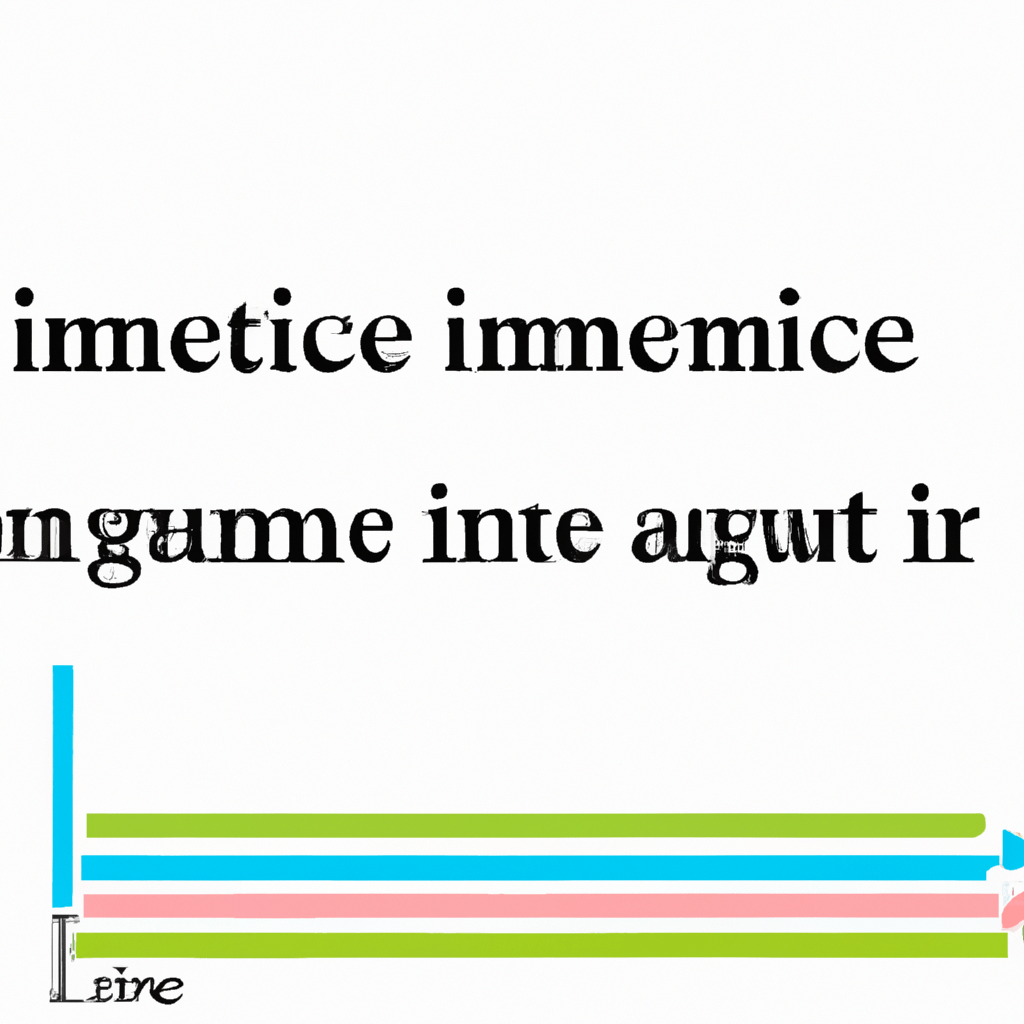Policies and strategies to reduce income inequality

Policies and strategies aimed at reducing income inequality have become crucial in addressing social and economic disparities. One approach is to implement progressive taxation systems, where higher-income individuals are taxed at a higher rate. Additionally, increasing the minimum wage can play a significant role in minimizing income disparities and ensuring fair compensation for workers. Furthermore, investing in education and job training programs can help individuals acquire the skills needed for higher-paying employment opportunities. Another effective strategy involves strengthening social safety nets and providing assistance to vulnerable populations through programs like affordable housing and healthcare. By adopting these policies and strategies, societies can work towards creating a more equitable distribution of income and promoting inclusive growth.
Read more
Overview of income inequality

Income inequality refers to the unequal distribution of income across individuals, households, or regions within a society. It is a topic of significant social and economic concern, as it can have far-reaching consequences on various aspects of human well-being and social stability. An overview of income inequality explores the disparities that exist in income levels, highlighting the gap between the rich and the poor. It delves into the causes and consequences of income inequality, which can include limited access to opportunities, social mobility, and an uneven distribution of resources and power. Understanding income inequality is crucial for policymakers and researchers seeking to develop strategies and policies aimed at creating a more equitable society.
Read more
Measures of income inequality

Different measures of income inequality are used to gauge the disparity in earnings within a society. These measures assess how income is distributed among individuals or households, providing insights into the level of inequality present. Commonly used measures include the Gini coefficient, which quantifies inequality on a scale from 0 to 1, with higher values indicating greater inequality. Another measure is the Palma ratio, which compares the income share of the highest and lowest income groups. Additionally, the Atkinson index considers both the level and distribution of income, capturing the extent of inequality experienced by individuals. These measures help policymakers and researchers understand and address issues of income inequality.
Read more
Measurement of income inequality

Measurement of income inequality is a key aspect in assessing the distribution of wealth among individuals within a society. It involves analyzing the disparity of income levels using various statistical indicators. One commonly used measurement is the Gini coefficient, which assesses income inequality within a population on a scale from 0 to 1. Another significant measure is the ratio of income held by the top percentile compared to the bottom percentile. Additionally, economists also employ methods such as the Palma ratio, which compares the share of income held by the top 10% to that of the bottom 40%. These measures provide critical insights into the extent of income inequality and help inform policy decisions aimed at achieving more equitable societies.
Read more
Measurement methods of income inequality

There are several measurement methods used to assess income inequality within a society. One commonly used method is the Gini coefficient, which calculates the dispersion of income distribution on a scale of 0 to 1. Another method is the Theil index, which analyzes both intra- and inter-group income disparities. The Atkinson index measures the aversion to unequal distributions of income, taking into account societal preferences. Additionally, the Palma ratio compares the top and bottom income percentiles, providing insight into the concentration of wealth. These measurement methods play a crucial role in understanding income inequality and informing policy decisions aimed at achieving a more equitable society.
Read more
Long-term trends in income inequality.

Long-term trends in income inequality have been a growing concern in recent decades. The gap between the rich and the poor has widened significantly, leading to social and economic implications. Studies suggest that globalization, technological advancements, and changes in labor markets have contributed to this inequality. Moreover, factors such as tax policies, skill-biased technological change, and differences in educational attainment have also played a role in exacerbating income disparities. Addressing long-term trends in income inequality requires comprehensive measures, including reforms in taxation, education, and social welfare systems. The consequences of persistent income inequality can have far-reaching implications for social cohesion and economic stability.
Read more
Implications and effects of income inequality

Income inequality has far-reaching implications and effects on society. It intensifies existing social and economic disparities, leading to heightened levels of poverty, unemployment, and social unrest. This inequality restricts upward mobility and perpetuates a cycle of socioeconomic disadvantage, stifling individuals' opportunities for education, healthcare, and overall well-being. Additionally, income inequality can negatively impact social cohesion and trust, contributing to a fragmented society. It also hampers economic growth by limiting consumer demand and hindering investment opportunities. The ramifications of income inequality are multifaceted, requiring comprehensive and equitable policy solutions to address its adverse effects on individuals, communities, and the overall economy.
Read more
Impacts of income inequality

Income inequality has far-reaching impacts on society, affecting not only the economy but also individual well-being. One major consequence is decreased social mobility, perpetuating a cycle of poverty and limited opportunities. As the income gap widens, social tensions and divisions increase, leading to social unrest and potential conflicts. Inequality also hampers economic growth, as it hinders a fair distribution of resources and limits market potential. Moreover, unequal access to education and healthcare further exacerbates the problem, deepening societal disparities. Ultimately, addressing income inequality is vital for creating a more equitable and harmonious society, fostering economic stability, and ensuring a better quality of life for all.
Read more
Impact of income inequality on society

Income inequality has far-reaching consequences for society, affecting various aspects of people's lives and creating significant disparities. It deteriorates social cohesion, as it intensifies divisions among different socio-economic classes. The rising gap between the rich and the poor hampers social mobility, leaving fewer opportunities for individuals to improve their economic status. Moreover, income inequality leads to reduced access to quality education, healthcare, and basic amenities for lower-income individuals. It also breeds social unrest and political instability, as marginalized groups become dissatisfied with the unfair distribution of wealth. Ultimately, the impact of income inequality on society is profound, posing challenges to economic development, social harmony, and overall well-being.
Read more
Historical perspectives on income inequality.

Historical perspectives on income inequality reveal a consistent pattern throughout time. In ancient civilizations, such as Egypt and Mesopotamia, a hierarchical society contributed to a significant wealth gap. Feudal systems further perpetuated inequality in medieval Europe, with a small aristocratic class amassing immense wealth while the majority struggled in poverty. The Industrial Revolution of the 18th and 19th centuries brought about rapid economic growth but also exacerbated income disparities, as industrialists amassed fortunes while factory workers toiled in harsh conditions. In the 20th century, social and political movements have attempted to address income inequality, but the issue remains a persistent challenge in modern society. Understanding the historical roots of income inequality is essential for developing effective strategies to combat it.
Read more












